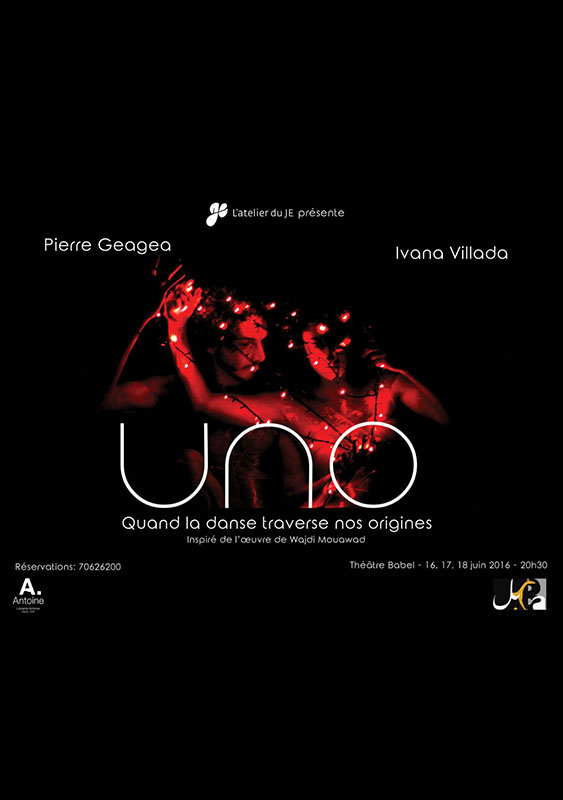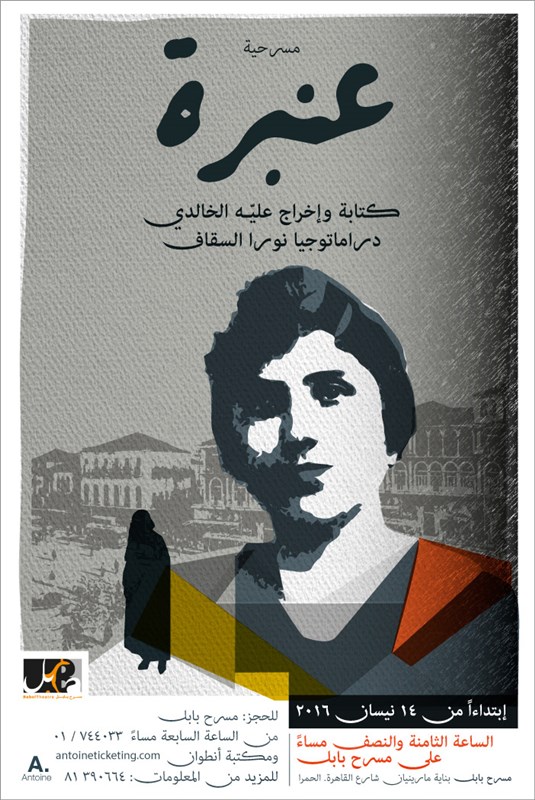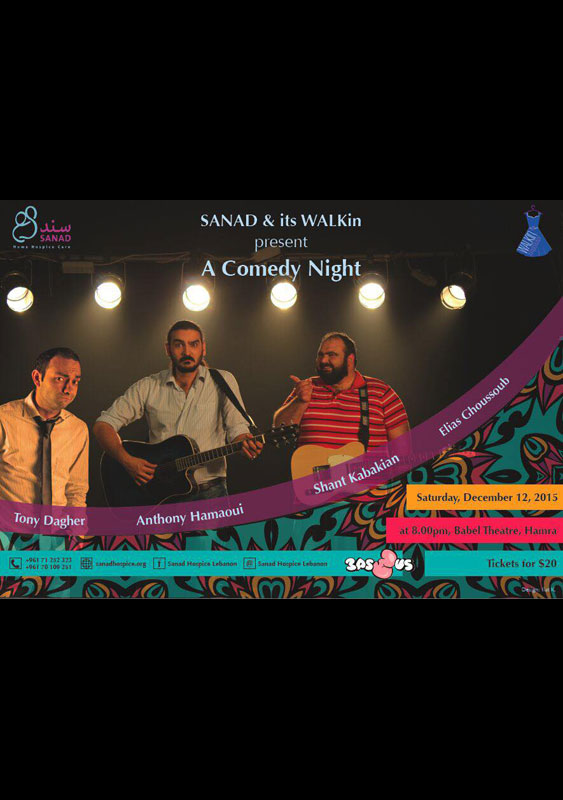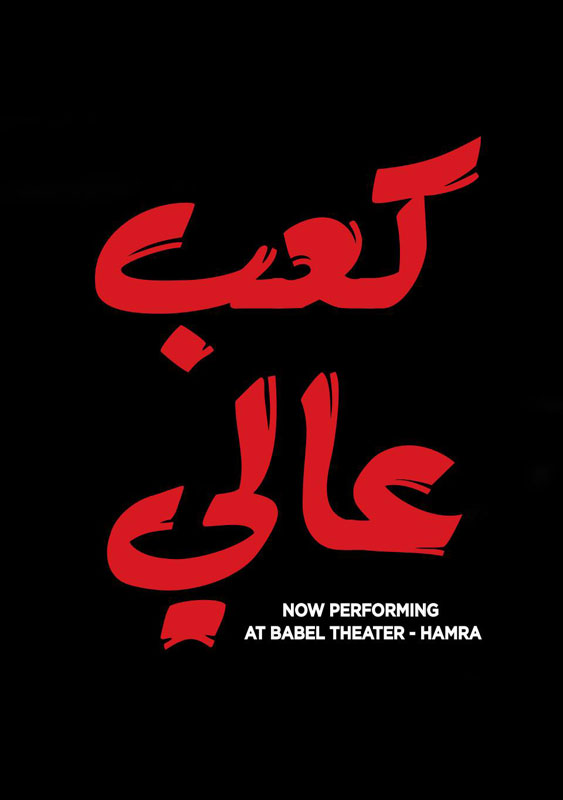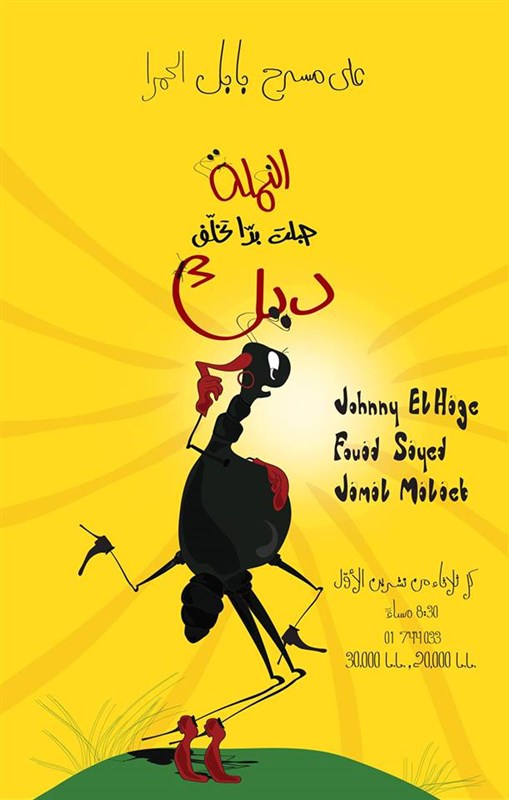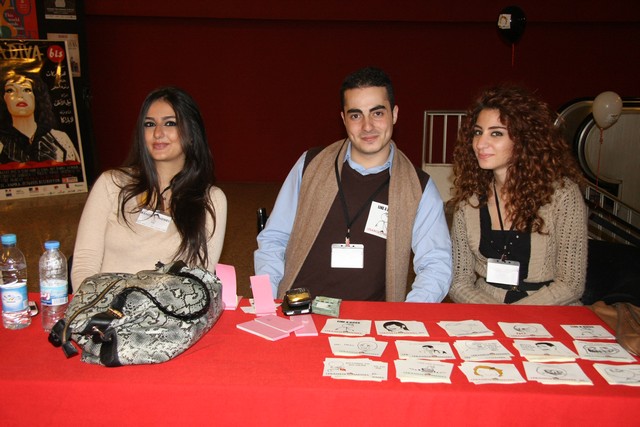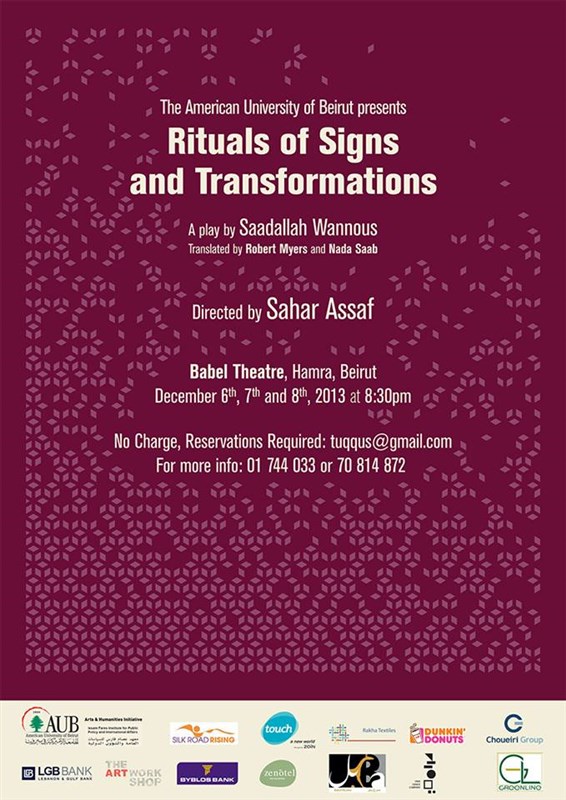
AUB Rituals of Signs & Transformations
-
-
Babel Theatre
Hamra, Beyrouth, Lebanon -
07 December 2013
-
AUB Rituals of Signs & Transformations
Tuqus al-Isharat wa-l-Tahawwulat (Rituals of Signs and Transformations) was written by Saadallah Wannous in 1994, after he had been diagnosed with a terminal illness. According to Wannous's prologue, the play takes as its point of departure the historian Fakhri al-Barudi's account of an incident in the 1880s in Damascus in which two clerics were involved in a feud that split the city into two factions. One was the Mufti, the chief religious legal authority, also referred to in the play as Sheik Qassim, and the Naqib-Al Ashraf, also referred to as Sir Abdallah, the leader of the descendants of the Prophet Muhammad. When the chief of police arrested the Naqib while he was engaged in lovemaking with his mistress in his semi-private garden, the Mufti concocted a scheme to save the Naqib's reputation.
For Wannous, this historical account is-as so many real and mythical tales are for other playwrights-merely a point of departure for creating a complex dramatic universe. In the prologue, Wannous explicitly warns us that the characters in the play should not be seen as types who represent their ranks or social positions. In fact, one prevalent theme in the play is the quest of characters to elude the roles imposed upon them by a traditional society. At the center of the story is Mu'mina, the wife of the Naqib, who, by taking control of her own destiny and embarking on a path of forbidden sensuality, transforms both herself and those around her.
In Rituals, Wannous creates a stunningly original form that utilizes elements of Eastern and Western theatre, literature and culture. Obvious sources for the play include Shakespeare's Measure for Measure, One Thousand and One Nights and Sufism, especially rituals and motifs related to transformation and enlightenment. Earlier productions include Beirut (1996), directed by Nidal al-Ashqar; Cairo (1997); Damascus, Hama and Aleppo (2009); the American University of Cairo (2012); the Comédie Française, Paris (2013), in French, directed by Bassem Al-Sulayman.
This production, the world premiere of the English-language version, produced by AUB and Robert Myers, and directed by Sahar Assaf, is based on a translation by Robert Myers and Nada Saab commissioned by Silk Road Rising Theatre in Chicago and the MacArthur Foundation. The play will receive a staged reading in March 2014 at Silk Road Rising and at the Segal Theatre Center at CUNY Graduate Center in New York, which is also publishing the translation in a collection of Wannous's plays. As Wannous writes in the prologue, the problems the play raises are "current and ever recurrent."Location: Babel theatre
Dates: 6-7-8 of December
Time: from 8:30pm to 10:30pmNo Charge. For Reservations: [email protected]
For more information: 01 744 033 - 70 814 872
Follow us on Instagram: Rituals_Signs_Transformations
and on Twitter: @ritualsAUB
-
-






